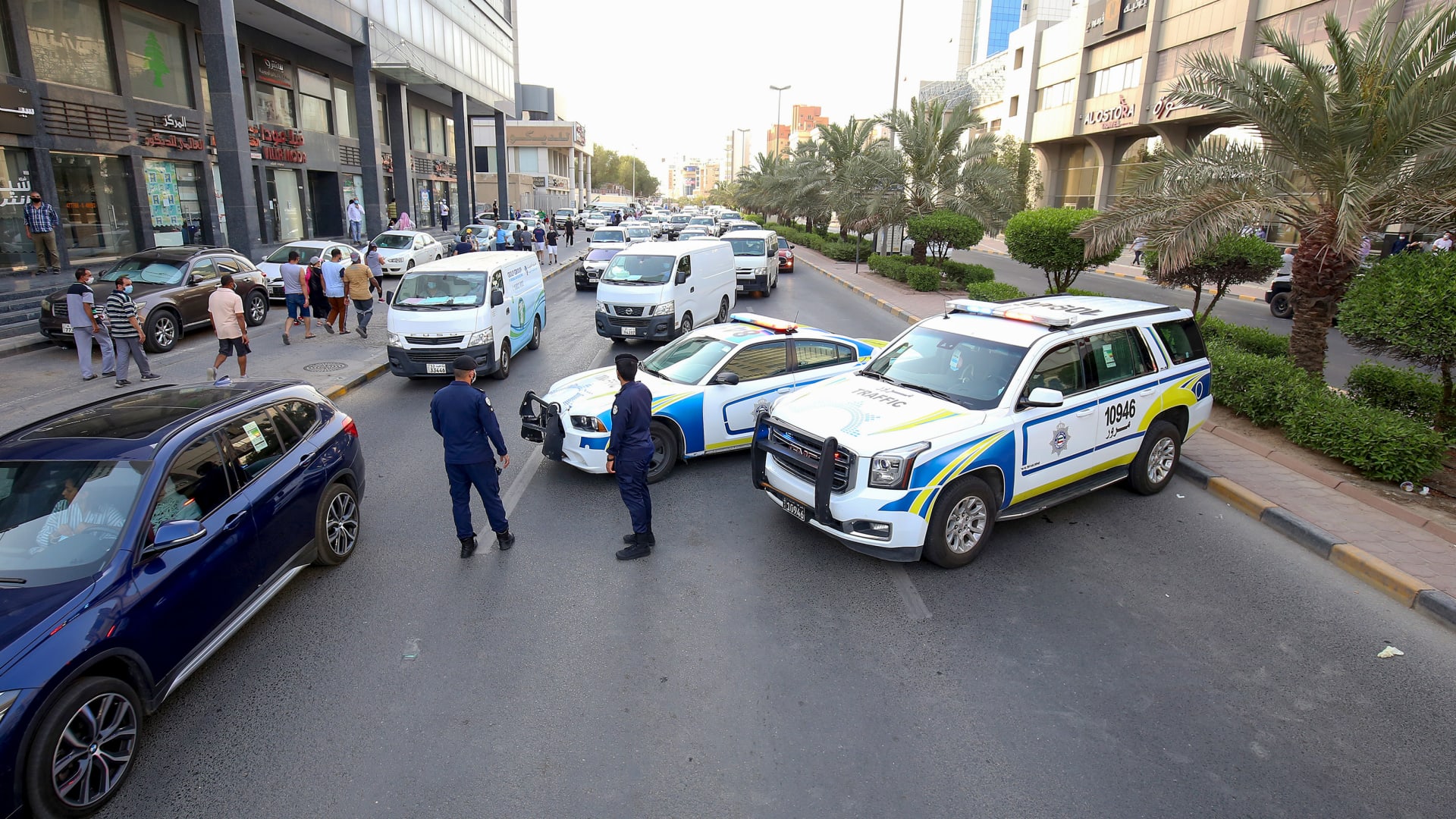Mbappé ya es Cristiano – AS
$450M USDT enters exchanges – Will it push Bitcoin past $100K?
 With fresh inflows entering the market, will BTC regain momentum or fall into another liquidity trap?
With fresh inflows entering the market, will BTC regain momentum or fall into another liquidity trap?Why Bitcoin’s dipping active addresses could signal price volatility
 Bitcoin’s Active Addresses have declined to 1.1 million, indicating weakening network activity.
Bitcoin’s Active Addresses have declined to 1.1 million, indicating weakening network activity.Bitcoin ETF activity slows – What it means for BTC’s future
 Bitcoin ETF activity is slowing, with inflows dropping significantly. With weaker demand, BTC’s rally may face resistance ahead.
Bitcoin ETF activity is slowing, with inflows dropping significantly. With weaker demand, BTC’s rally may face resistance ahead.Montana’s $50M Bitcoin Reserve plan: What you need to know
 Montana Bitcoin reserve bill is now headed to the House, if enacted what could happen next?
Montana Bitcoin reserve bill is now headed to the House, if enacted what could happen next?MicroStrategy’s Bitcoin bet: Plans $2B raise to boost BTC holdings to 500K
 MicroStrategy plans for extra capital raise as BTC holding nears 500K.
MicroStrategy plans for extra capital raise as BTC holding nears 500K.Next altcoin season? All depends on ETH/BTC’s performance and…
 Altcoin season remains uncertain as Ethereum struggles against Bitcoin, with BTC dominance rising too.
Altcoin season remains uncertain as Ethereum struggles against Bitcoin, with BTC dominance rising too.Will Ethereum staking in ETFs propel ETH’s price to new heights?
 Institutional adoption of ETH ETFs has picked up pace, despite the altcoin’s price stagnating.
Institutional adoption of ETH ETFs has picked up pace, despite the altcoin’s price stagnating.Português vence prémio de melhor compositor nos “World Entertainment Awards”
Segundo André Barros, a distinção é consequência “do trabalho de composição que foi escutado pelo júri, de entre o qual algumas das bandas sonoras que tenho composto ao longo destes últimos 12 anos e ainda parte do meu trabalho a solo”
O português André Barros recebeu o prémio para Melhor Compositor nos “World Entertainment Awards”, evento anual dedicado à música independente, que acontece em Beverly Hills, Los Angeles, na Califórnia, nos Estados Unidos da América.
O troféu foi entregue em cerimónia realizada no dia 31 de janeiro e, segundo André Barros, a distinção é consequência “do trabalho de composição que foi escutado pelo júri, de entre o qual algumas das bandas sonoras que tenho composto ao longo destes últimos 12 anos e ainda parte do meu trabalho a solo”.
O compositor, natural da Marinha Grande, no distrito de Leiria, admite à agência Lusa estar “perfeitamente consciente da inerente subjetividade de qualquer atribuição de prémios nas indústrias artísticas”, como é o caso dos “World Entertainment Awards”.
Contudo, “animicamente, é sempre maravilhoso também”, admite, até porque o galardão “ajuda-nos imenso enquanto ferramenta de partilha para os nossos agentes e ‘publishers’”, facilitando o acesso “aos clientes deste universo audiovisual: realizadores, produtoras, estúdios”.
Após a cerimónia em Beverly Hills, André Barros acredita que a visibilidade do seu trabalho vai crescer, além de lá ter sido possível “criar redes de contactos e conhecer, pessoalmente, novos compositores e expandir horizontes”.
Os “World Entertainment Awards” funcionam por análise do júri em duas fases, após submissão pelos próprios artistas, e acontecem imediatamente antes da cerimónia dos Grammys.
Desde 2013, André Barros lançou seis álbuns a solo, o mais recente intitulado “Vivid”, de 2021. Também tem criado música para curtas e longas-metragens, em colaborações com realizadores de vários países, como os Estados Unidos da América, Índia, Japão, Espanha, Alemanha, Islândia ou Escócia, e fez música para a peça de teatro “Desumanização”, do Teatro Art’Imagem. Produz ainda para anúncios televisivos e ‘online’ de marcas de todo o mundo.
O mais recente lançamento é o disco “Intimate landscapes”, criado para as editoras SaraoMusic e Universal Production Music, e constituído por “música para ser sincronizada em projetos audiovisuais”.
Atualmente, André Barros tem vários projetos em curso. Em Portugal, um “é a banda sonora original que estou a compor para o filme sobre o astronauta dinamarquês Andreas Mogensen”, que “faz parte de um projeto maior chamado ‘O sentido da vida’, do realizador Miguel Gonçalves Mendes, produzido por Fernando Meirelles, realizador da cidade de Deus”.
Outro é a banda sonora, recentemente terminada, para a longa-metragem documental “Disposable Humanity”, do norte-americano Cameron Mitchell, sobre o programa “Ação T4”.
O filme aborda o plano nazi que consistia em eliminar pessoas com deficiências físicas e mentais, consideradas inúteis pelo regime. A estreia está anunciada para o Slamdance Film Festival, em Los Angeles, durante este mês de fevereiro.


